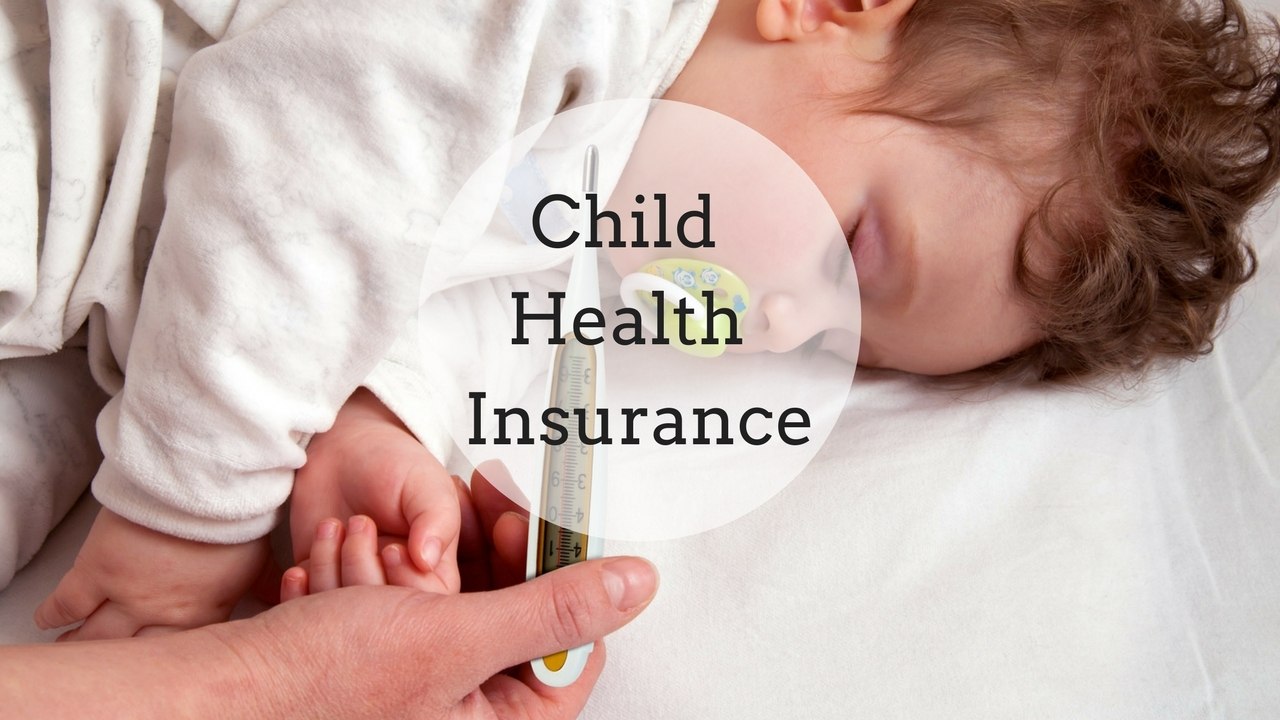When it comes to the well-being of your children, there’s no room for compromise. As a responsible parent or guardian, ensuring your child’s health and safety is a top priority. One critical aspect of this is selecting the best health insurance plan for your child. Child health insurance is a safeguard against unexpected medical expenses, providing peace of mind for parents. However, not all child health insurance plans are created equal. To make the right choice, consider these five important factors.
Coverage options and benefits:
The first and foremost factor to consider when choosing child health insurance is the range of coverage options and benefits provided by the plan. A comprehensive plan should cover a wide array of medical services, including doctor’s visits, hospital stays, prescription drugs, vaccinations, preventive care, and emergency services. Look for plans that also cover specialist consultations and therapies if your child has specific healthcare needs. Moreover, consider the plan’s coverage limits, deductibles, and co-payments. A lower deductible and reasonable co-pays can make healthcare more affordable for your child.
Network healthcare providers:
The best health insurance plan for your child should have a broad network of healthcare providers, including pediatricians, hospitals, and specialists. Ensure that your child’s primary care physician is in-network, as this will simplify the coordination of care. Having access to a wide range of specialists is crucial, especially if your child has chronic health issues or requires specialised treatment. Check if the plan allows you to see out-of-network providers in case of emergencies or if you need a second opinion.
Cost and affordability:
Affordability is a significant concern for many parents when choosing child health insurance. Consider the total cost of the plan, which includes monthly premiums, deductibles, co-pays, and any out-of-pocket expenses. While it might be tempting to opt for the cheapest plan, it’s essential to strike a balance between affordability and coverage. A plan with low premiums but high deductibles might end up costing you more in the long run if your child requires frequent medical care. Evaluate your family’s financial situation and choose a plan that aligns with your budget while providing adequate coverage.
Additional benefits and extras:
Some child health insurance plans offer additional benefits and extras that can enhance your child’s healthcare experience. These may include dental and vision coverage, mental health services, wellness programs, and access to telemedicine. Dental and vision coverage is particularly important, as regular check-ups can detect and address issues early. Mental health services are crucial given the increasing awareness of children’s mental well-being. Telemedicine allows you to consult with healthcare providers remotely, making it convenient for minor illnesses and routine check-ups.
Customer service and support:
The quality of customer service and support offered by the insurance provider should not be overlooked. Dealing with insurance claims and navigating the healthcare system can be challenging, and having responsive customer support can make a significant difference. Research the insurer’s reputation for customer service, read reviews, and ask for recommendations from other parents. Prompt and helpful assistance can alleviate stress during difficult times when your child needs medical care.
In conclusion, choosing the best health insurance plan for your child is a critical decision that requires careful consideration of multiple factors. The right plan should offer comprehensive coverage, have an extensive network of healthcare providers, be affordable, provide valuable extras, and offer excellent customer service and support. Keep in mind that child health insurance is an investment in your child’s future well-being, providing them with access to the medical care they need when they need it. By taking the time to evaluate these factors, you can make an informed decision that ensures your child receives the best possible healthcare protection.
